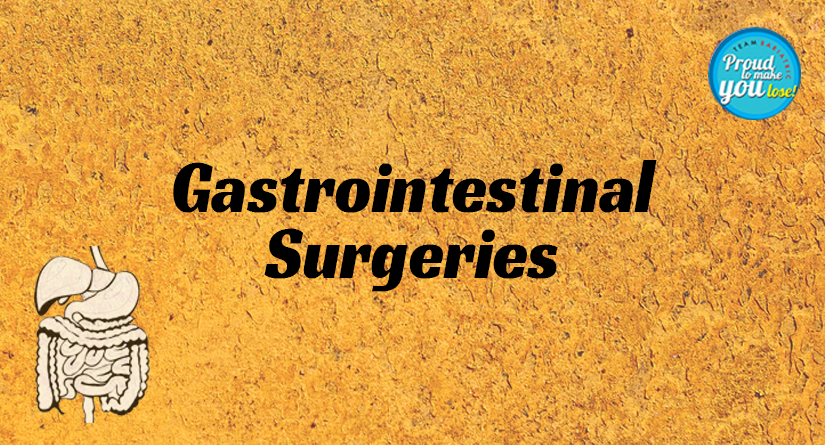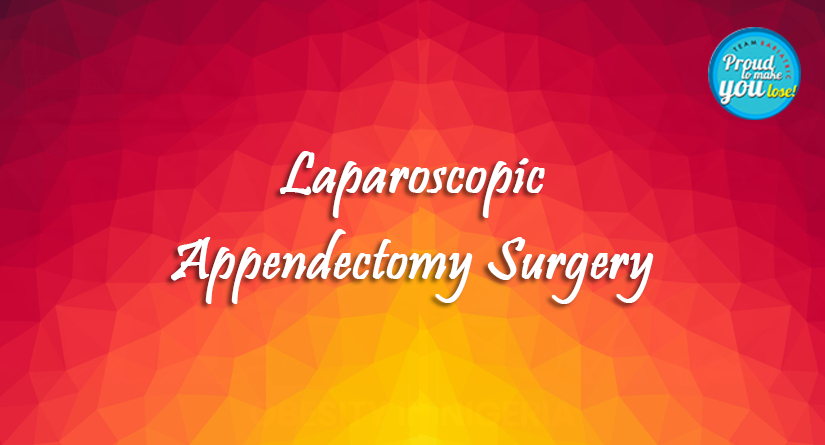Understanding Gastrointestinal Surgery: Insights and Expertise from Top Surgeons
Introduction to Gastrointestinal Surgery
Gastrointestinal surgery is a well-established super specialty in India. Surgical Gastroenterology deals with clinical problems of the digestive tract that need surgical intervention. GI surgeons in Delhi, India are highly skilled surgeons, who have specialized in the most modern surgical techniques and clinical practices to deliver the best results to patients. The GI surgeons in India, possess extremely competent skills across all forms of surgical treatments with conventional and advanced laparoscopy methods for patients who require surgery.
Commonly Performed GI Surgeries
Commonly performed GI surgeries include:
- Peptic ulcer disease
- Reflux esophagitis (or GERD) and its complications
- Barrett’s oesophagus
- Primary cancers of the stomach
- Small bowel
- Colon and rectum
- Inflammatory bowel disease and continent reconstruction
- Gastrointestinal tumours
- Primary and metastatic liver tumours
- Benign and malignant diseases of the biliary tract and pancreas.
Minimally Invasive Surgery
GI surgeons in Delhi prefer to perform minimally invasive surgery or laparoscopic surgery. This allows them to operate with smaller incisions with the help of tiny video cameras during surgery, which projects the inside view of the patient’s body to a high-resolution monitor in the operating room.
With minimally invasive surgery, patients experience less pain, minimal blood loss, and smaller scars after the surgery. It also helps to lower the risk of infection. Patients recover quicker as compared to open procedures and can leave the hospital sooner as compared to open procedures where all the muscles are cut to gain access leaving a single large long scar. Although there are many benefits, it is not an option for all patients.
Factors Influencing Surgical Outcomes
The outcome of patients who underwent gastrointestinal surgery is influenced by various factors, including the age and comorbidities of the patient, the complexity of the surgical procedure, and the management of postoperative recovery. Dr Atul Peters recommends smoking cessation several weeks prior to the surgery If the patient is an active smoker. He also mentions that obesity increases the rate of complications during the surgical procedure. Patients with a history of deep-vein thrombosis or pulmonary embolus, obstructive sleep apnoea, and impaired functional status represent independent risk factors for perioperative complications.
Postoperative Recovery
DR. Atul Peters suggests that after laparoscopic gastrointestinal surgery, the patients can go back home the same day or the next day. Except in cases of more advanced procedures that may require three or four days of hospital stay. Patients can get back to routine activities in 3 days and work in 5 days.
To know more about treatment options and surgeries done by Dr. Atul Peters and team, please call 18001207055 or REQUEST A CALL BACK
Seeking Gastrointestinal Surgery in Delhi? Consult with us at Smart Cliniqs for the best consultation.







